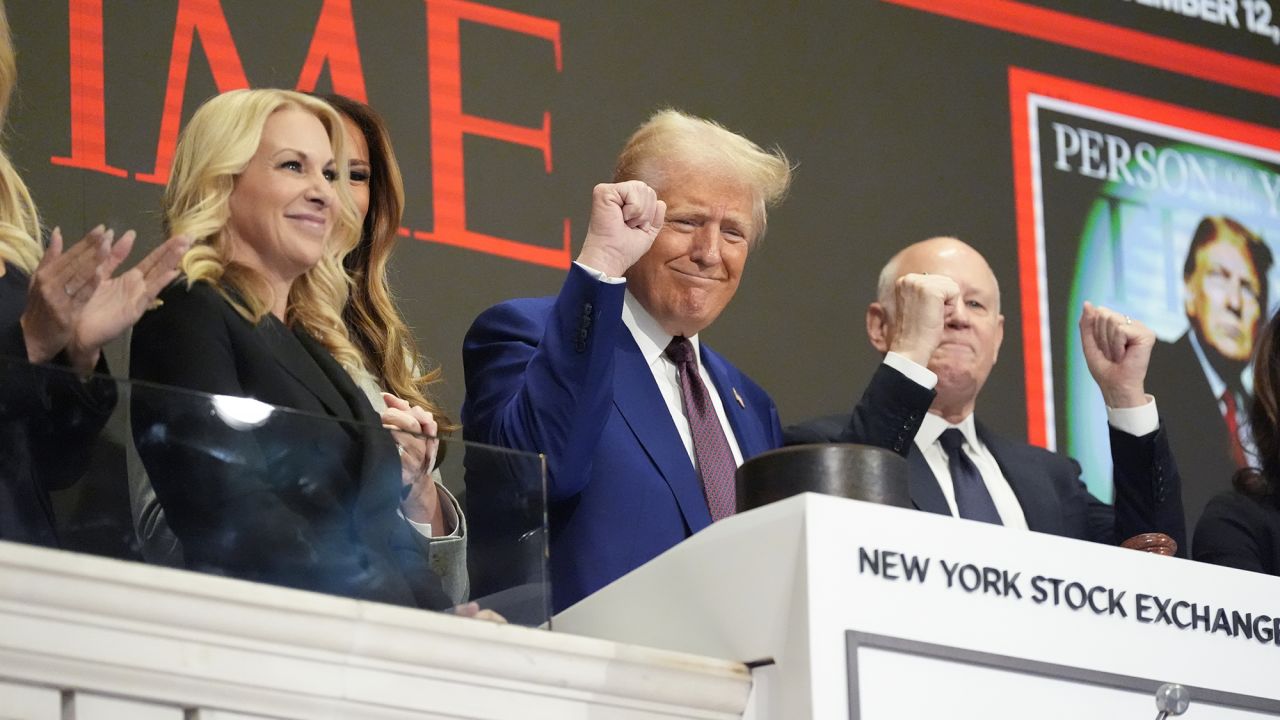President-elect Donald Trump said his administration will study the safety of childhood vaccines and rising levels of autism diagnoses, and suggested he may eliminate some vaccines if he views them as “dangerous.”
Trump told Time magazine in an interview conducted last month that he’s going to direct Robert F. Kennedy Jr., a prominent vaccine skeptic and his pick to lead the Department of Health and Human Services, to study the rising rates of autism diagnoses. He said he would consider getting rid some vaccines for children, falsely suggesting autism may be caused by vaccines.
Scientists have repeatedly debunked the theory that vaccines cause autism. But despite that evidence, many anti-vaccine advocates, including Kennedy, have called for greater research into the subject.
When asked if he believes autism is caused by vaccines, Trump said he’s “going to be listening to” Kennedy, who he said he’s instructed to study any links between vaccines and autism and left the door open for eliminating some vaccinations from the childhood vaccine schedule.
More context: Since Kennedy suspended his presidential campaign and endorsed Trump in August, the president-elect has regularly expressed skepticism about the safety and efficacy of vaccines in his public remarks. During an interview with NBC News on Sunday, Trump again falsely suggested vaccines may cause autism and floated the possibility of eliminating some vaccines while praising others as “incredible.”
The myth linking vaccines and autism grew out of a 1998 study by Andrew Wakefield that was published in the medical journal The Lancet and later retracted. Wakefield had been compensated by a law firm intending to sue manufacturers of the MMR vaccine, and in 2010, he lost his medical license. In 2011, The Lancet retracted the study after an investigation found that Wakefield altered or misrepresented information on the 12 children who were the basis for the conclusion of his study. Several subsequent studies trying to reproduce the results have found no link between vaccines and autism.
Many studies have shown that vaccines aren’t linked to autism, including the shot that protects against measles, mumps and rubella, the preservative thimerosal and the pace at which children receive vaccines. Autism diagnoses have been increasing — up from one in 150 children in 2000 to about 1 in 36 children in 2020. The US Centers for Disease Control and Prevention says that’s largely because of more equitable identification that’s now reaching groups who didn’t have access to care before.
Autism and vaccine researchers have argued that continued focus on vaccines saps resources away from research that could improve autism identification and treatment and has led to declines in vaccination, leading to outbreaks of preventable diseases such as measles and whooping cough.















